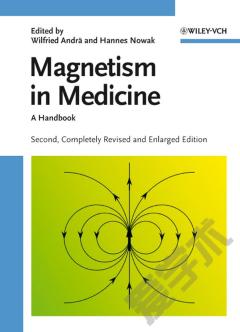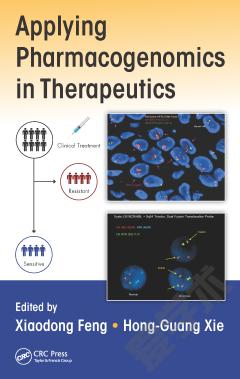Magnesium —— Applications in Clinical Medicine
----- 镁:在临床医学中的应用
Magnesium is an essential mineral required by humans, playing an important role in multiple biochemical processes as well as preventing and managing several diseases and disorders. Deficiencies of magnesium can lead to a wide range of medical conditions, including cardiovascular disease, diabetes, and hypertension. With myocardial infarction and stroke being the first and fifth cause of mortality in the United States, the pharmaceutical industry has been trying to produce therapies that reduce co-morbidity and mortality. Recent observational studies of magnesium have added to the list of potential therapeutic modalities that have been proven useful in reducing hypertension, stroke sequalae, metabolic syndrome/dyslipidemia, and inflammatory diseases. Magnesium therapeutic modalities also have impacts in the fields of neurology, the elderly, and in obstetrics. Magnesium: Applications in Clinical Medicine explores the many uses of magnesium and its applications in clinical medicine. Features: Presents information on the impacts magnesium has on various aspects of health conditions and disease prevention. Describes magnesium usage in treating and managing several conditions including dyslipidemia, migraine, metabolic syndrome, and high blood pressure. Discusses magnesium therapy in stroke and magnesium deficiency in attention deficit hyperactivity disorder. Promotes knowledge of overall health and wellness that can be applied in any specialty of medicine. This book encompasses various uses of magnesium in a clinical setting ranging from its role in maintaining homeostasis, to its uses in the fields of dermatology, cardiology, neurology, and in obstetrics. Written by contributors who are experts in their fields, it is a comprehensive collaboration of this ubiquitous dietary supplement applications in clinical medicine.
{{comment.content}}








 京公网安备 11010802027623号
京公网安备 11010802027623号